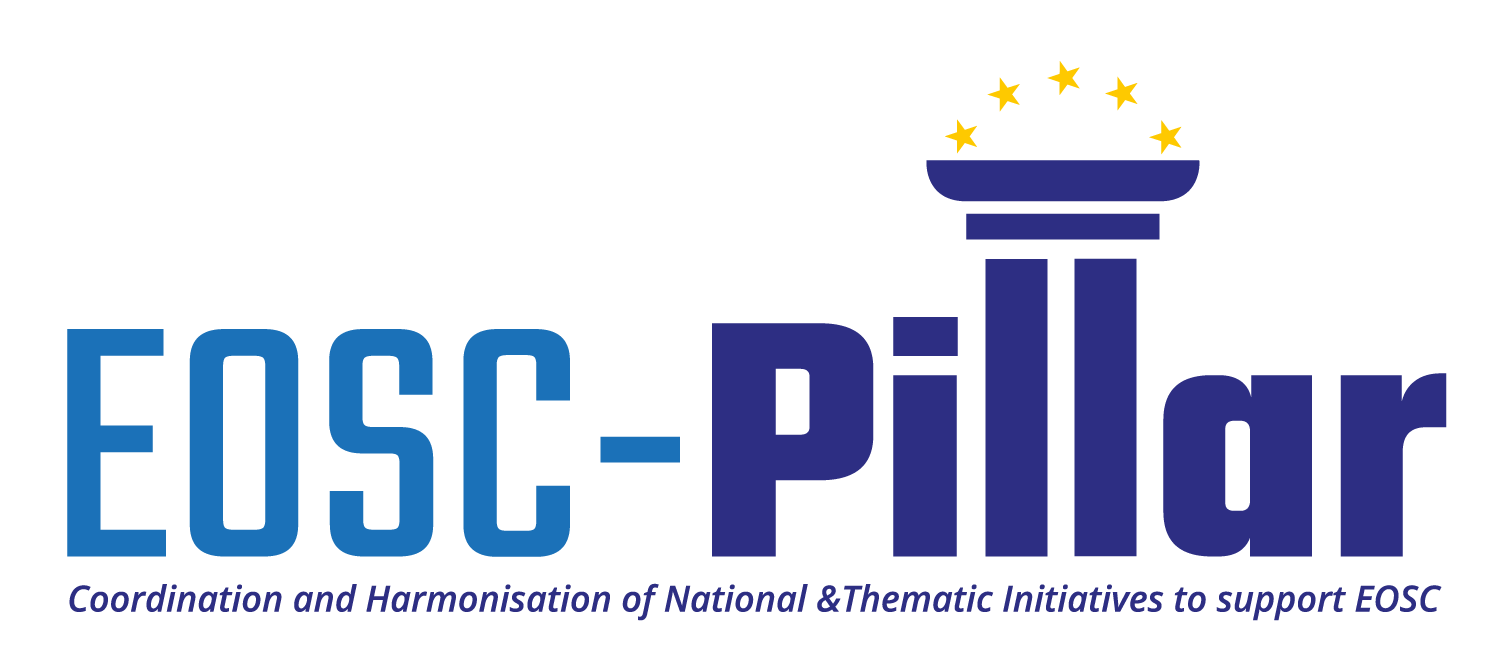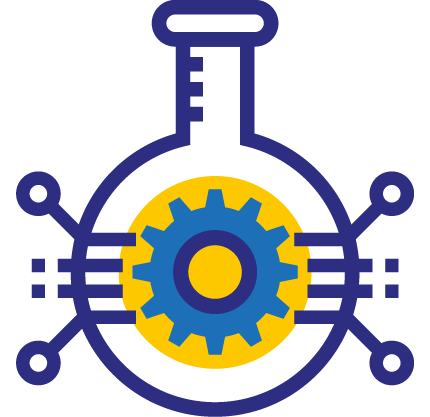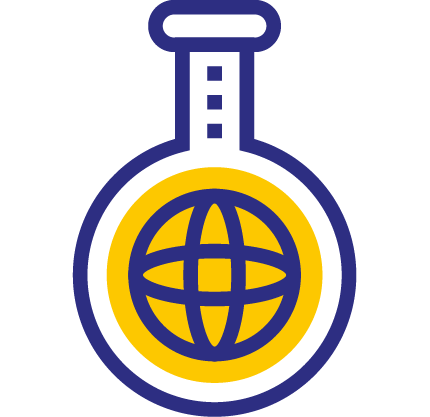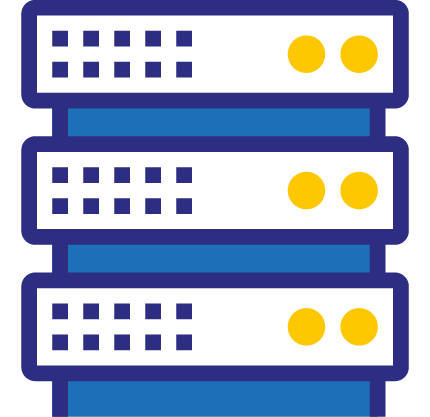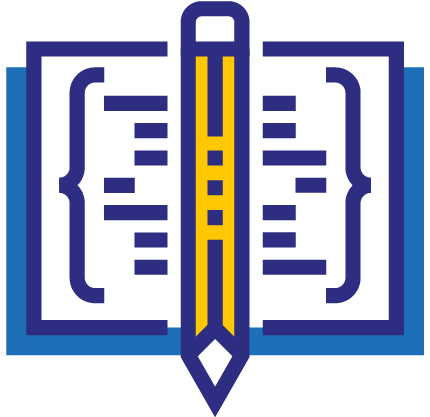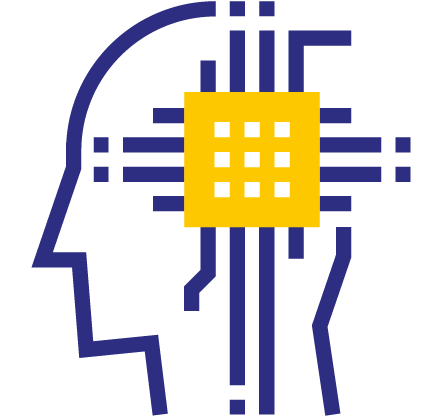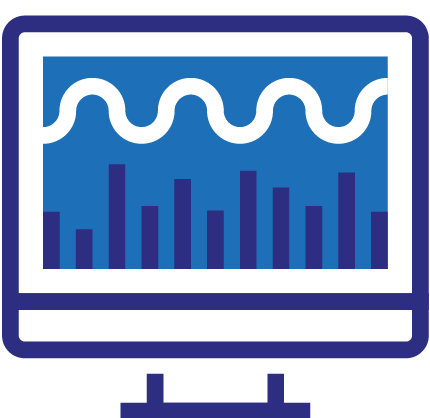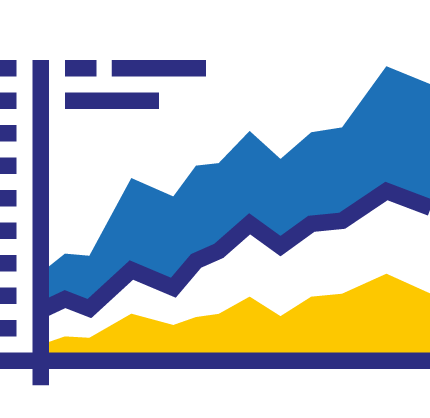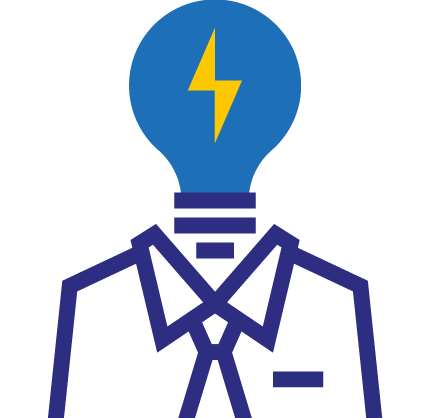
Use-cases and Community-driven pilots
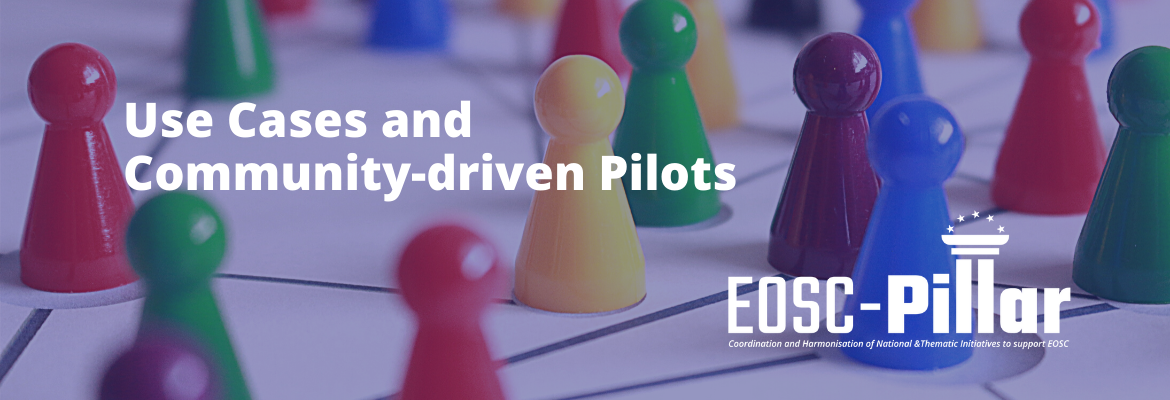
EOSC-Pillar Work Package 6 delivers use cases to analyse different tools and services for the "FAIRisation" of data and services and type of governance according to the community needs.
This work package collects use cases based on the requirements of scientific communities. Pilots run to validate the proposed solutions, which will be trans-national by design and general enough to be extended to other communities with minimal changes.
The pilots include resources and cost study, in order to understand their feasibility and propose a viable business model for the resulting services. The selected use cases are connected to real scientific production and intent to improve the usage of data from a FAIR perspective.
The need for “data FAIRisation” is important, diversified and specific for each community (nanotechnologies, environment -ocean, atmosphere, continental surfaces, health, humanities, biodiversity, solid earth). They are more or less structured and have developed tools and services adapted to their specific needs and constraints. The objective is to prepare scientific communities to be involved in EOSC.
- Use case 1 - Defining procedures and services to enforce data provenance for thematic communities and beyond (Poster)
- Use case 2 - Agile FAIR data for environment and Earth system communities (Poster)
- Use case 3 - Integration of data repositories into EOSC based on communities approaches (Poster)
- Use case 4 - Software source code preservation, reference and access (Poster)
- Use case 5 - FAIR principles in data life-cycles for Humanities (Poster)
- Use case 6 - Exploring reference data through existing computing services for the bioinformatics community (Poster)
- Use case 7 - Suitable data formats for seismological big data provisioning via web services (Poster)
- Use case 8 - Virtual definition of data sets according to RDA recommendations (Poster)
- Use case 9 - Integrating heterogeneous data on cultural heritage (Poster)
- New thematic services from the EOSC-Pillar open call (Poster)
The main objectives of this work package are to:
- Analyse specificities of the scientific communities but also cross-cutting needs
- Integrate different data from all components and domains and facilitate access, integrated and intelligent treatments and diffusion
- Identify important tools and services from the use cases
- Identify gaps and needs that can be fulfilled by the future EOSC
- Expand the set of use cases through the launch of an open call for communities
The initial set of scientific use cases was expanded through an open call for participation, inviting communities and their developers to bring forward thematic services to enhance the portfolio of the project and the EOSC Portal. You can discover the extra use cases awarded via the open call at this link.
Use cases

Defining procedures and services to enforce data provenance for thematic communities and beyond
Due to data exploration complexity, provenance management is a key component in order to guarante
...
Agile FAIR Data for Environment and Earth System Communities
Earth Environment Sciences & Geosciences require a large panel and volume of data from satell
...
Integration of data repositories into EOSC based on communities approaches
The agriculture, food and environment research community faces many challenges common to all: Eas
...
Software source code preservation, reference and access
Leveraging the experience of Software
...
FAIR principles in data life-cycles for Humanities
This task aims to identify and develop use cases based on Social Sciences and Humanities (SSH) co
...
Exploring reference data through existing computing services for the bioinformatics community
Galaxy is a widely adopted workflow management system for bioinformatics, aiming to make computat
...
Suitable data formats for seismological big data provisioning via web services
Seismological web services have been designed some years ago with particular types of user and da
...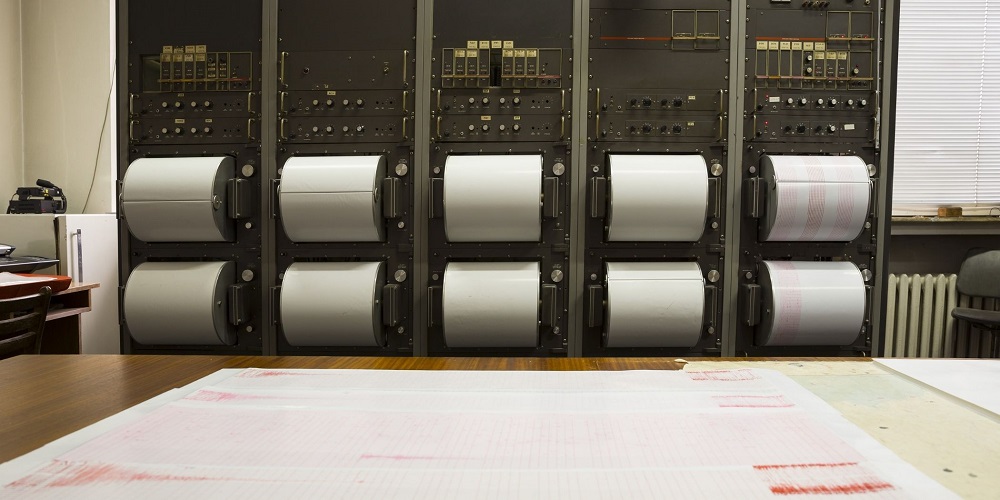
Virtual definition of data sets according to RDA recommendations
At GEOFON data centre is very difficult to offer big pre-assembled datasets to be downloaded, due
...


